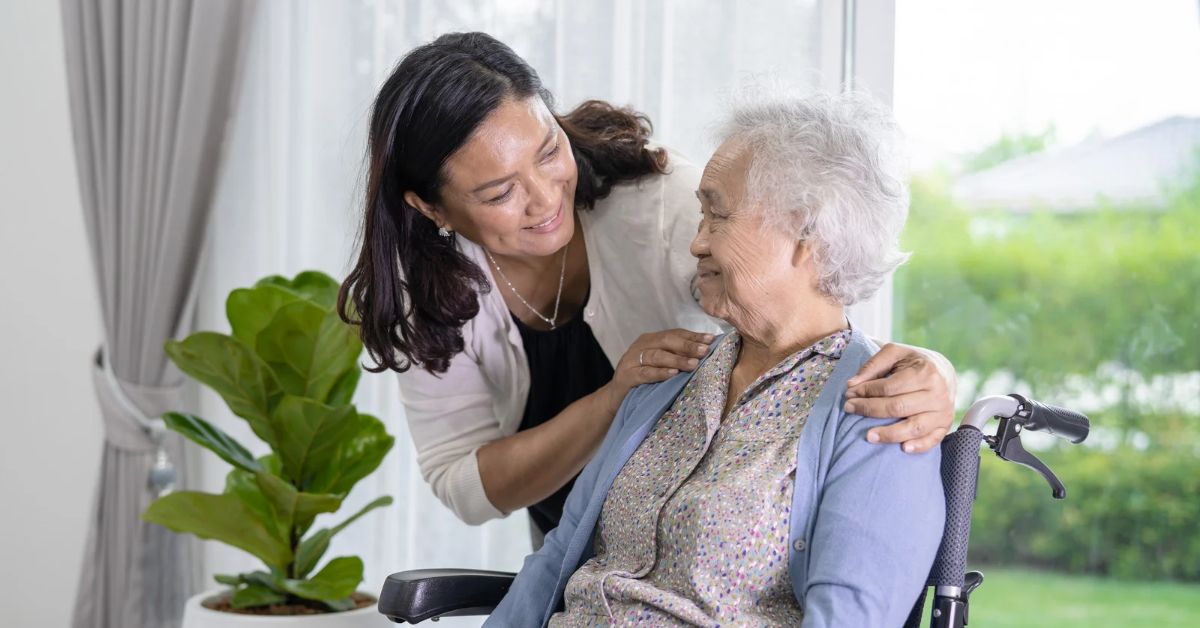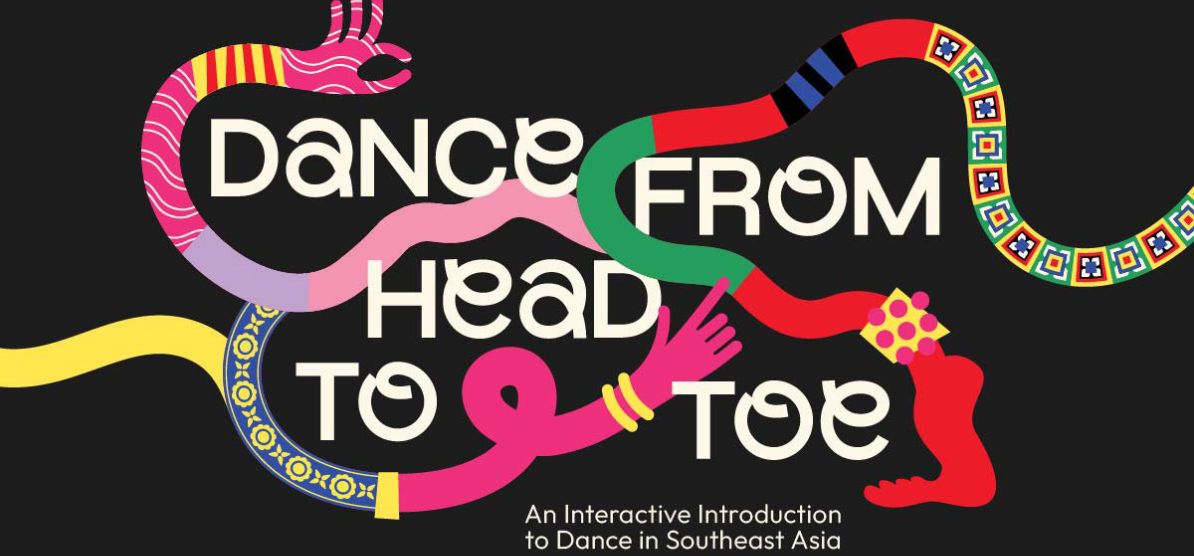
This is What Caregiver Stress Feels Like
Caregivers of parents struck by mental illness or dementia can be grieving even when their loved ones are still alive.
*Chua Siew Cheng, 45, is one of the many gig workers in Singapore, whose earnings came to a screeching halt when the Covid-19 pandemic reached our shores in February 2020. Her world changed even more dramatically when her elderly mother, 83, started to display irrational signs of fear just when the country was about to enter into a lockdown.
"I saw her turn into this person I did not recognise anymore,
says Chua, as she recalls the series of events that transformed her identity from independent freelancer to caregiver overnight.
Her mother quickly slipped into insomnia, resulting in acute anxiety bordering on paranoia and delusion, so Chua immediately packed her bags and moved back home to care for both her parents.
Advertisement
After seeing numerous doctors, her mother was eventually diagnosed with anxiety and depression.
Looking back, Chua realises she was thrust into a role that nothing in life had prepared her for, so much so that she herself fell into depression and anxiety and even turned suicidal.
In a study done by the National Council of Social Services to understand the quality of life of caregivers, it reported that by 2030, more than 900,000 — or roughly one in four Singapore citizens—will be aged 65 and above.
As family sizes are also shrinking, the old-age support ratio will decrease from 4.8 to 2.7 working adults.
Some of the caregiving challenges the study identified include feelings of helplessness, anxiety, and confusion when caring for the elderly with dementia.
There is also emotional strain and distress from the weight of their caregiving duties, as well as guilt that they are not doing enough, which prevent caregivers from self-care.
As discerning as this study has been to unpack caregiver stress to reveal these emotions, it is still missing the mark and failing to address a major component of caregiver stress — grief.
Grief is a key but complex emotion that caregivers of the elderly, especially, who suffer from dementia and mental illness, experience.
Chua recounts the trauma when she saw her mother turn from a gentle, caring person, who enjoyed cooking for her, to someone who emotionally and even physically abused her.
"I felt so underappreciated and angry. I remember one time she even accused me of making her sick, and I think I must have lost it and found myself close to attacking her. The abuse continued for a few weeks unabated until I suffered a panic attack while sleeping and actually thought I was going to die.”
Chua reveals,
Chua continued to struggle with a spectrum of emotions that ran the gamut from anger and helplessness to guilt.
The panic attack was a wake-up call that her body could no longer hold up to the barrage of emotional assaults, so she made the painful decision to leave her family home to seek professional help.
Counselling allowed her to slowly process all of her emotions, and she discovered she was actually grieving the loss of her mother.
The layman’s understanding of grief is usually associated with the permanence of death, usually accompanied by loud wails or quiet tears at funerals and muffled sobs behind closed doors.
But Chua experienced none of this. Besides, how could she be grieving her mother, who is still very much alive? And if she is truly grieving, why is she angry when she should be feeling sad?
Contrary to popular belief, grief can feature the emotion of anger quite prominently, too.
In fact, one of the five stages of grief is anger. (The other four stages are denial, depression, bargaining and acceptance and are experienced in no particular order).
According to international grief expert David Kessler, grief transcends time and beyond the end of life to mean the internal part of loss, how we feel.
"The internal work of grief is a process, a journey. It does not end on a certain day or date. The pain of loss is also intense, so heart-breaking because grief is the reflection of the connection that has been lost."
Kessler explains,
Chua learned she was grieving what her mother meant to her, and that meant feeling protected, loved and cared for.
Mental illness had robbed her mother of the ability to cook, provide for her and make her feel safe. Now Chua was on her own, alone and afraid, and as a result angry, too, because she felt her mother had “abandoned” her.
Chua was grieving the loss of connection with her mother, and because her mother was still alive she was also experiencing complicated grief.
Complicated grief or prolonged period of grieving is like being in an ongoing, heightened state of mourning that keeps you from healing.
"I sometimes wonder whether I could have grieved better if she were dead,"
admits Chua.
"She's there but not there and every time I am with her, I feel re-traumatised, as If I am replaying her funeral in my head and experiencing sadness, anger and feelings of disconnection all over again."
Many caregivers to the elderly with dementia can also experience anticipatory grief.
The illness, which is degenerative in nature, can cause fear and anxiety of what will happen before it actually does.
Essentially, caregivers like Chua could already be grieving and showing the spectrum of emotions associated with anticipatory grief even before her mother passes on.
A recent survey of 200 family caregivers of Dover Park Hospice revealed that over 40 percent of caregivers are at risk of depression.
One of the reasons cited include a lack of practical assistance and emotional support and friends. It is on this point of emotional support that we need to pay special attention to.
Grief is a complicated emotion and can go easily undetected, especially when the more prominent emotions of sadness and exhaustion overwhelm you.
For caregivers to be emotionally supported, we need to be emotionally literate and that means being vulnerable with all our emotions, including grief and what it entails, no matter how uncomfortable they make us feel so we can effectively support our caregivers.
*For the purposes of confidentiality, the name of Chua and some her identifiable characteristics have been changed, but her story remains real.







